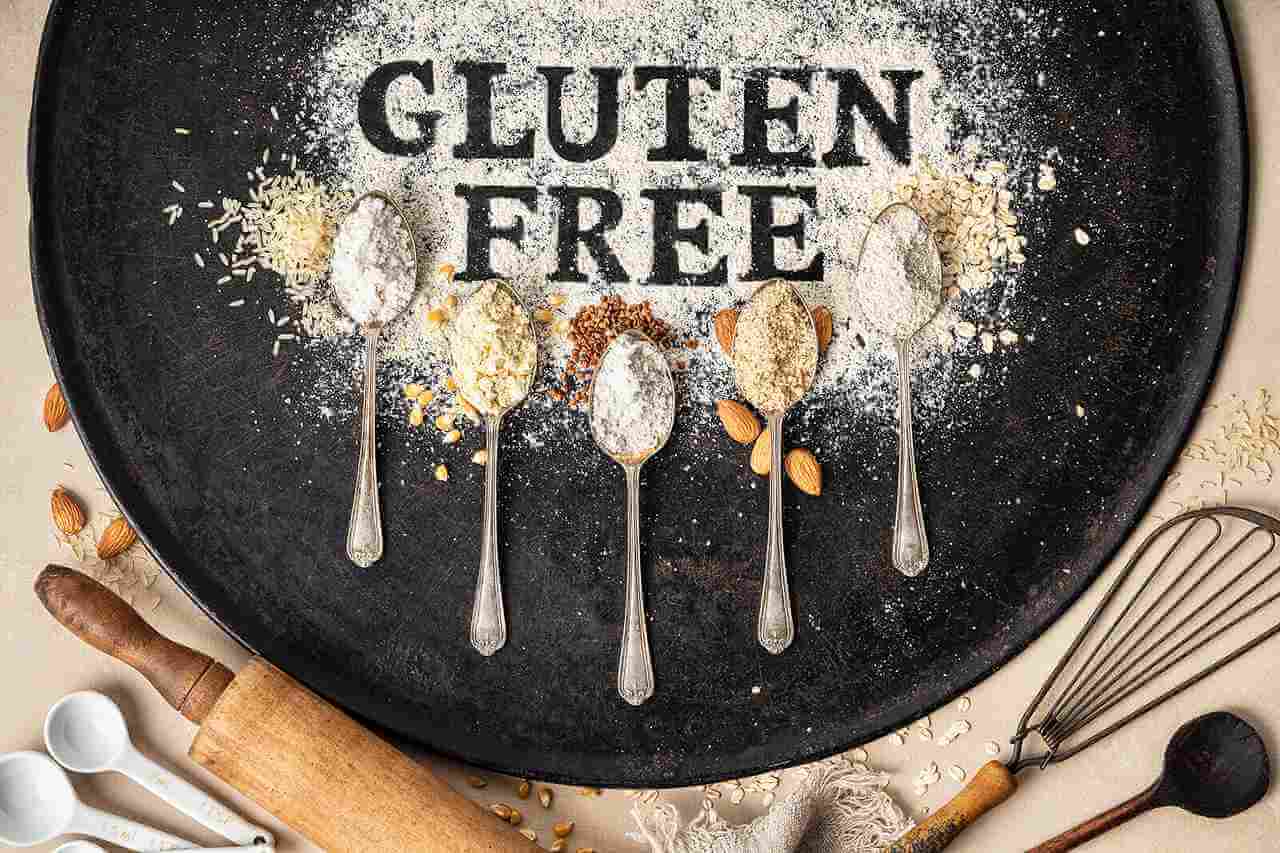A gluten free diet is a way of eating that excludes all foods that contain gluten. Gluten is in the family of proteins found in wheat, barley, rye and triticale. While this glue-like property gives bread it’s chewy and satisfying texture, it also can leave many people feeling uncomfortable after eating. There are many different degrees of sensitivity to gluten, celiac disease being the most severe reaction. A gluten free diet is essential for people with celiac disease and very popular among other people who claim following this way of eating will improve their health, aid in weight loss and increase your energy. Research has shown a gluten free diet is essential to those with medical conditions related to gluten but we still need more information on how the diet improves overall health.
Who this diet is targeted to:
- Celiac disease – an autoimmune disease, triggered by gluten, that damages the villi of the intestines making it impossible to absorb nutrients. The symptoms of celiac disease are very uncomfortable, including constipation, diarrhea, headaches, fatigue and many more things.
- Non-celiac gluten sensitivity – has some of the same symptoms as celiac disease but does not damage the small intestines. This process is not well understood yet but cutting gluten out of the diet has been shown to alleviate symptoms.
- Gluten ataxia – an autoimmune disorder that affects nerve tissue resulting in loss of muscle control and voluntary muscle movement when digesting gluten. This disease slowly progresses and can be difficult to diagnose. A wheat allergy is like other food allergies, causing the body to mistake gluten as a virus. The immune system prompts a response by creating antibodies to combat the protein gluten, resulting in congestion and breathing difficulties.
- IBD (specifically Crohn’s Disease and Ulcerative Colitis) – there isn’t enough research yet to fully understand if the benefits of the gluten free diet for IBD patients are directly related to gluten or if it is because of the reduction in fructan in their diet. Foods containing gluten are also a significant source of fructan which is part of the FODMAP foods.
Foods that are naturally gluten free like fruits, vegetables, eggs, unprocessed meats, beans, nuts, and most dairy are good to incorporate in a healthy gluten free diet. There are grains and starches like arrowroot, buckwheat, corn, flax, quinoa, rice, soy and a few more that can be part of a gluten free diet as well. The grains not allowed are wheat, barley, rye, triticale and sometimes oats. While oats are naturally gluten free, during production they could be contaminated with another grain that contains gluten. Being able to read a nutrition food label is very important when determining if a processed food is gluten free.
The benefits to a gluten free diet for people with gluten related medical conditions are undeniable and extremely helpful. Eliminating symptoms and reducing flare ups can improve someone’s quality of life greatly. On the other hand, this diet can be restrictive and cause malnutrition especially in people who don’t require being on a gluten free diet. For someone without a gluten related medical condition, following a gluten free diet could result in them losing weight and feeling healthier but not for the reasons you might think. Eating gluten free often leads someone to making healthier choices and eating more whole foods like fruits, vegetables and lean meats. Just because someone eats gluten free does not mean it is automatically healthier. A piece of fruit and a gluten free sugar cookie are both gluten free but nutritionally, you are better off eating the piece of fruit. You can not lose weight by just avoiding gluten, you must expend more calories than you consume.
While there is almost no harm following a gluten free diet, it is good to be aware of the vitamins and minerals your diet might now be lacking. Restricting your diet when it is not necessary can decrease your quality of life and increase risk for malnutrition. But for other people with gluten related medical conditions like celiac disease, following a gluten free diet is absolutely necessary for living a happy, healthy life. One of the most important things for anyone following a gluten free diet is to read the nutrition food labels, not only for gluten content but also for overall nutrients levels from fats, sugars and calories. To get a better understanding on how a gluten free diet could be implemented in your life, please contact us. Or learn more about our pancreatic disorder treatment options in Katy, Texas.





0 Comments